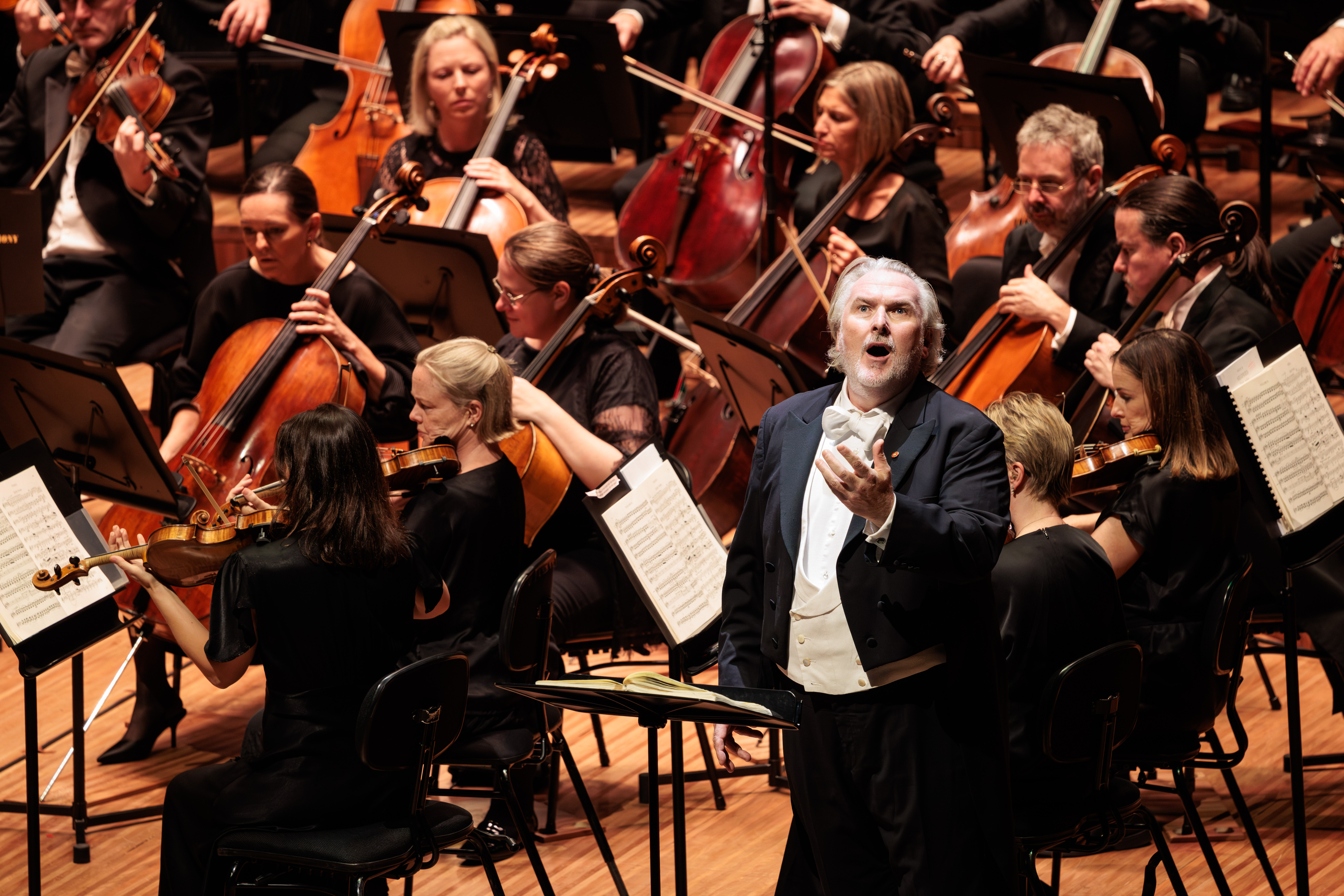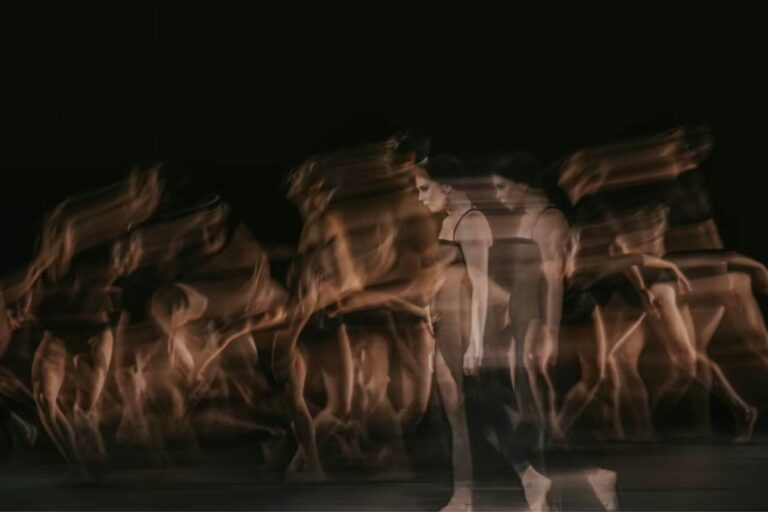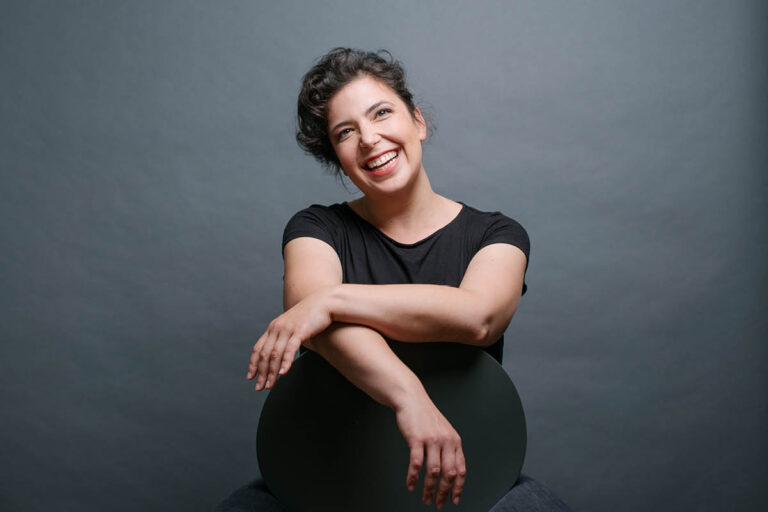Three years into Chief Conductor Simone Young’s multi-year Ring Cycle with the Sydney Symphony Orchestra, the star rating for this concert was never really in doubt.
Now the go-to conductor at Bayreuth, Young’s command of Wagner’s score is second to none, her motivic clarity ensuring that the musical storytelling reads loud and clear.

Simon O’Neill in Siegfried with SSO. Photo © Dan Boud
She ceaselessly builds momentum over the course of the music drama, building up to the thunderous prelude to the Third Act, in which nine Leitmotifs are played in glorious counterpoint.
Along the way, Young draws out recurring themes like the ‘Magic Fire Music’ and ‘Magic Sleep/Oblivion’, first heard in Die Walküre, to clearly signpost Siegfried’s journey to find the sleeping Brünnhilde, all without the bells and whistles of a fully staged production.
Indeed, as this concert proves, Siegfried may well be better off without the kinds of directorial excesses that can sometimes make its first two acts an arduous task to sit through.
In sharp contrast to the epic set pieces of Das Rheingold and Die Walküre before it, Siegfried comprises a series of two-handed scenes, riddled in riddles and...
Continue reading
Get unlimited digital access from $4 per month
Already a subscriber?
Log in










Comments
Log in to start the conversation.